Swiss set to get tough on foreign criminals
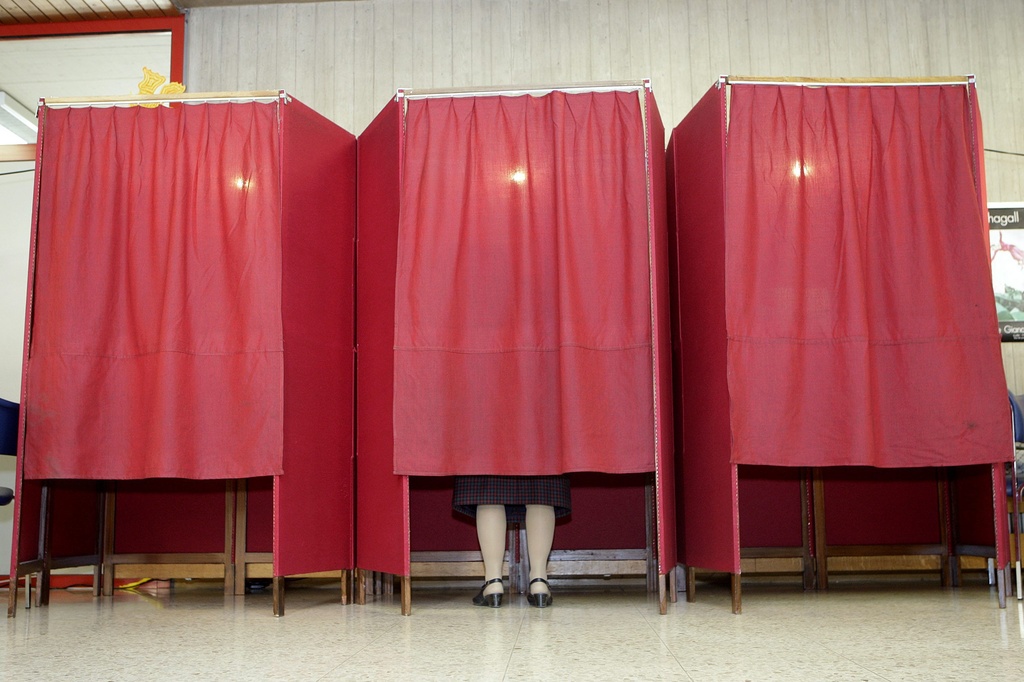
Voters are set to approve stricter regulations for the deportation of foreign criminals in a nationwide ballot on Sunday.
At stake are a rightwing initiative calling for the automatic expulsion of convicted non-Swiss offenders and an alternative option by parliament which includes a case-by-case examination and additional integration measures.
In a separate vote the electorate also has the final say on a proposal by the centre-left to set minimum tax rates for wealthy citizens across the country overruling the fiscal autonomy of the cantons.
Both issues are controversial and the ballot sheet is relatively complex. Citizens can choose between a hardline option in the anti-crime fight and a compromise version; or approve or reject both proposals.
The initiative by the Swiss People’s Party calls for the automatic deportation of foreign criminals whose crimes fall within a list of around ten offences, including cheating social security benefits. The catalogue of offences is to be completed by parliament. But the proposal denies judges any judicial discretion over deportation.
Controversial black sheep posters proved to be a very successful campaign instrument three years ago when the rightwing party collected more 210,000 signatures for the vote and paved the way for its best result in parliamentary elections.
Compatible
The counter-proposal, promoted by centre-right parties and the government, seeks to introduce automatic deportation of foreign criminals serving at least two years in prison.
The authorities want to retain a case-by-case examination to ensure that Swiss legislation is in line with constitutional rights and international treaties. They also propose measures to boost the integration of foreigners.
Experts say the counter-proposal respects traditional legal principles of punishment and takes into account the personal situation of the delinquent, for instance members of second and third generation immigrants without Swiss nationality.
Under current law about 750 foreigners are expelled from Switzerland every year. However, there are regional differences and courts are free to order deportation as an additional punishment.

More
People’s initiative
Campaign
The campaign in the run-up to Sunday’s ballot has been marked by controversies over the number of deportations, possible consequences for Switzerland in its relations with the European Union as well internal quarrels among the opponents of the initiative.
The centre-left parties – but also church groups, and non-governmental organisations – are split and they have accused the centre-right of failing to live up to pledges to invest the necessary resources to combat the hardline proposal.
The rightwing for its part launched a high-profile drive with gloves-off debates, posters and newspaper adverts, warning that Switzerland’s public security was threatened by criminal immigrants.
The party’s message appears to have been heard as opinion polls indicate citizens favouring a hardline stance with legislation similar to that in the United States.
Observers also point out the initiative serves – once again – as a means to mobilise the grassroots less than 12 months ahead of the next parliamentary elections.
Taxes and federalism
Voters will also decide on an initiative by the centre-left Social Democrats aimed at streamlining taxes for the wealthy across the country.
The minimum rate for annual income exceeding SFr250,000 ($249,402) would be set at 22 per cent and 0.5 per cent for wealth of at least SFr2 million.
About 32,000 people – one per cent of all taxpayers – would be directly concerned according to the federal tax administration.
Proponents say the initiative seeks to put an end to abuses of the tax autonomy the 26 cantons enjoy under the Swiss federalist system.
The centre-left, including trade unions, is up against an alliance of political parties on the right and the centre as well as the government, most cantons and particularly the business community.
Opponents argue limiting tax competition is an attack on a tenet of the Swiss political system and rich taxpayers would leave the country if the initiative were approved.
The business community is believed to have invested more than SFr10 million in a bid to make citizens change their minds. A poll six weeks ahead of the ballot showed the centre-left well on course to create an electoral upset.
About five million Swiss, including registered expatriates, are eligible to take part in the votes.
As a rule ballots take place four times a year.
As part of extended trials with electronic voting a number of citizens from 12 cantons, including registered expatriates, are allowed to use computers to participate in the ballots.
Ballots also take place in eight of the country’s 26 cantons and numerous communes on a wide range of issues.
Canton Basel Country decides on summary courts to crack down on hooligans.
Rightwing parties in Schaffhausen forced a vote on plans to withdraw from a standardised school and education system.
Voters in Bern have the final say on plans for the city’s power company to opt out of nuclear energy.

In compliance with the JTI standards
More: SWI swissinfo.ch certified by the Journalism Trust Initiative

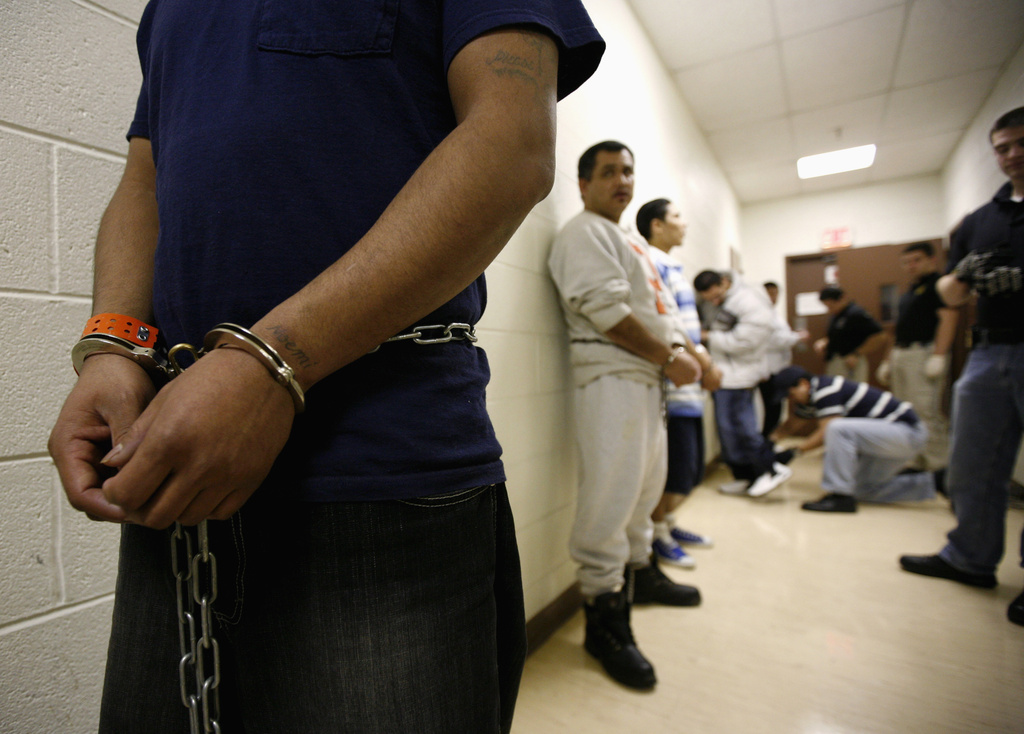
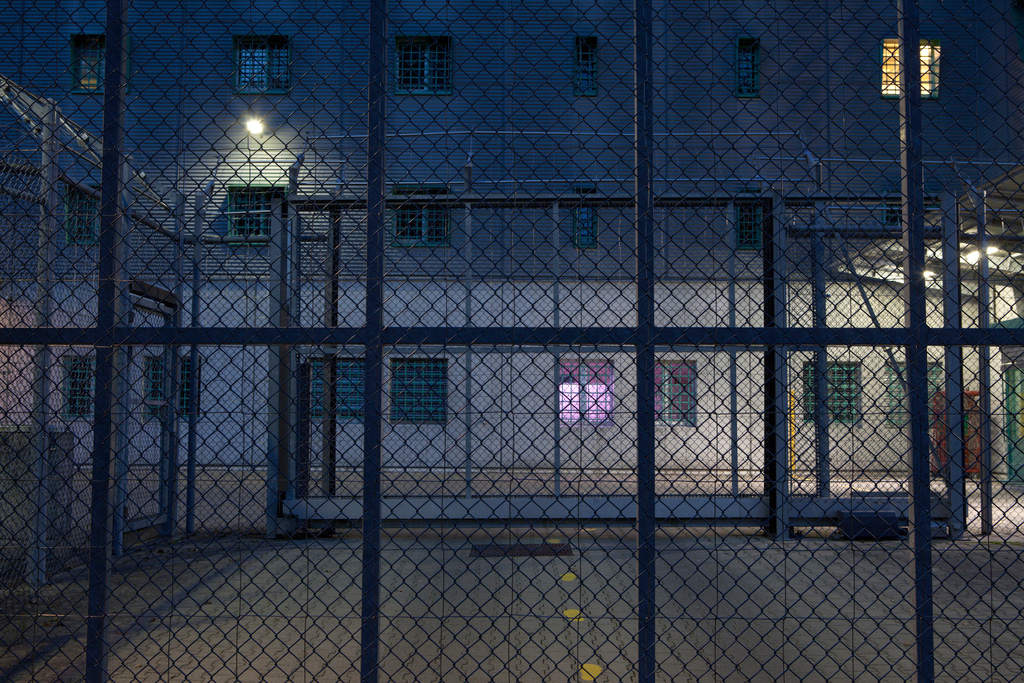

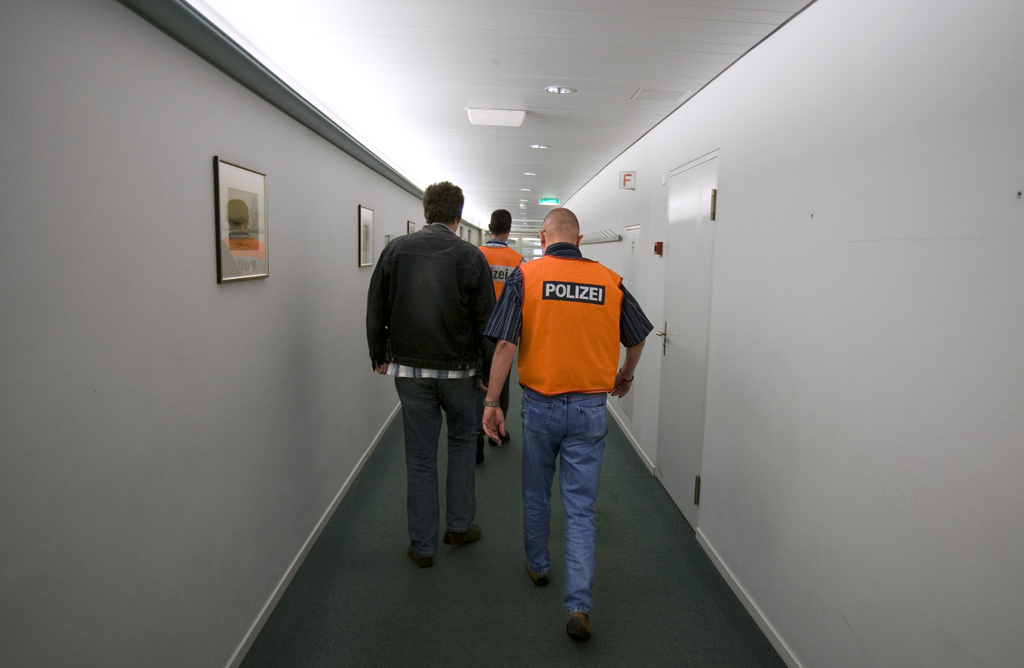

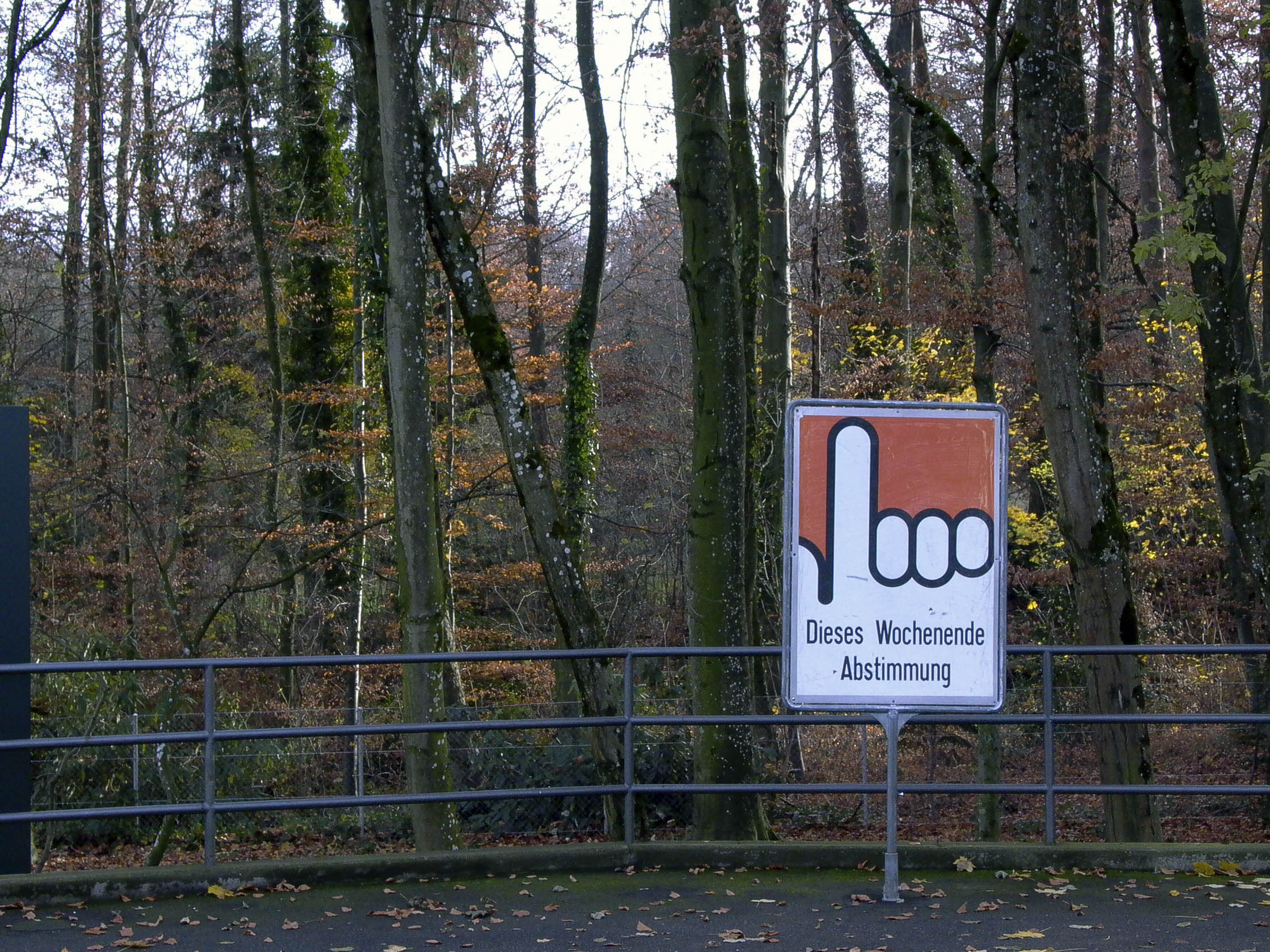
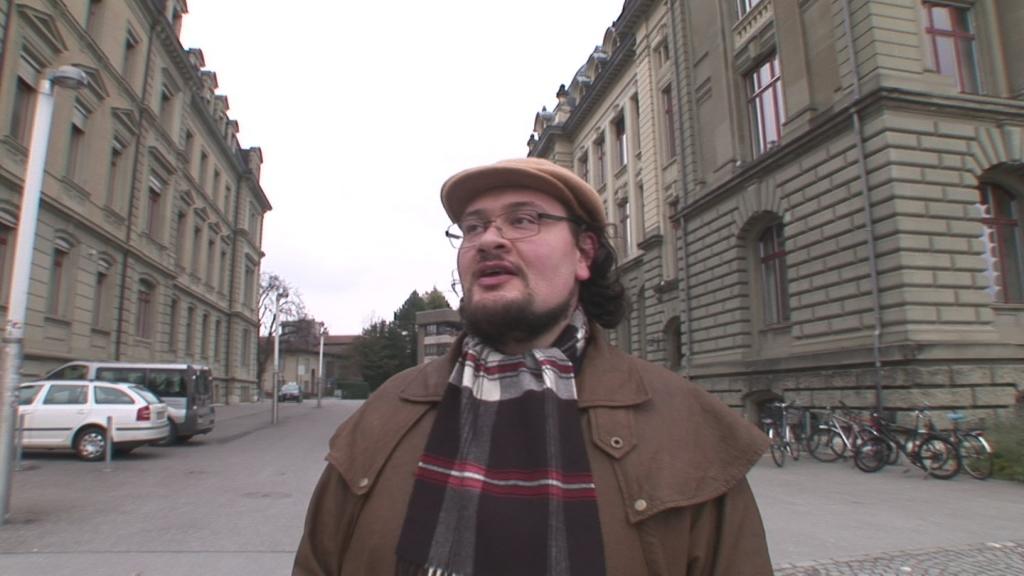
You can find an overview of ongoing debates with our journalists here. Please join us!
If you want to start a conversation about a topic raised in this article or want to report factual errors, email us at english@swissinfo.ch.